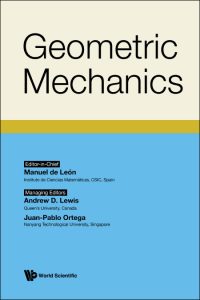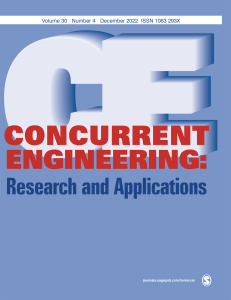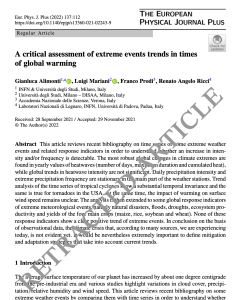It’s Nobel Prize week, and the work behind mRNA COVID-19 vaccines has just earned the physiology or medicine prize. But this is Retraction Watch, so that’s not what this post is about.
A Nobel prize-winning researcher whose publications have come under scrutiny has retracted his 10th paper for issues with the data and images.
Gregg Semenza, a professor of genetic medicine and director of the vascular program at Johns Hopkins’ Institute for Cell Engineering in Baltimore, shared the 2019 Nobel prize in physiology or medicine for “discoveries of how cells sense and adapt to oxygen availability.”
The pseudonymous sleuth Claire Francis had flagged possibly duplicated or manipulated images in Semenza’s publications on PubPeer before 2019, and other sleuths posted more beginning in October 2020.
Continue reading Nobel Prize winner Gregg Semenza tallies tenth retraction







